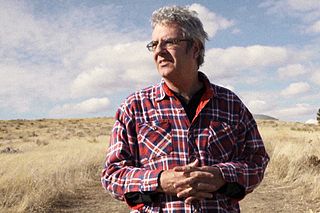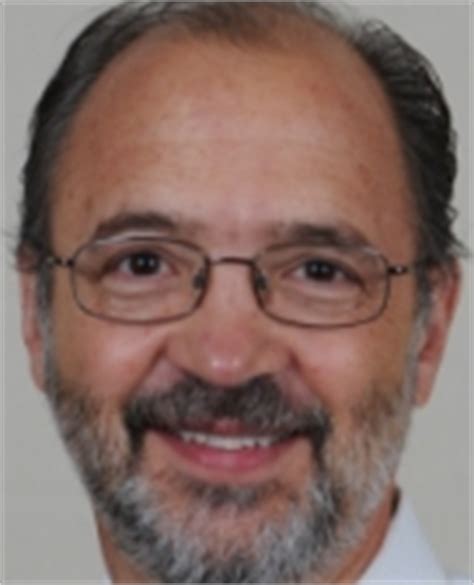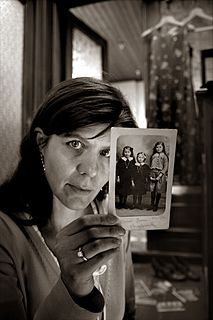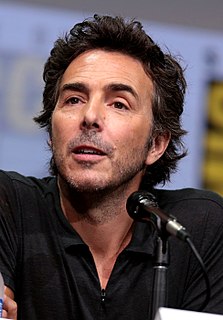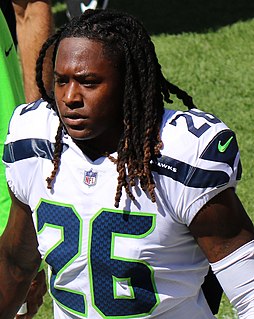A Quote by Poe Ballantine
I have learned that I am not built for conflict or controversy. I have also learned that, in all my life, I have never chosen a story. The story has always chosen me.
Quote Topics
Related Quotes
He thought about the story his daughter was living and the role she was playing inside that story. He realized he hadn't provided a better role for his daughter. He hadn't mapped out a story for his family. And so his daughter had chosen another story, a story in which she was wanted, even if she was only being used. In the absence of a family story, she'd chosen a story in which there was risk and adventure, rebellion and independence.
I believe the doctrine of election, because I am quite sure that if God had not chosen me I should never have chosen him; and I am sure he chose me before I was born, or else he never would have chosen me afterwards; and he must have elected me for reasons unknown to me, for I never could find any reason in myself why he should have looked upon me with special love.
I have not always chosen the safest path. I've made my mistakes, plenty of them. I sometimes jump too soon and fail to appreciate the consequences. But I've learned something important along the way: I've learned to heed the call of my heart. I've learned that the safest path is not always the best path and I've learned that the voice of fear is not always to be trusted.
Americans are an "almost chosen people," which is meant to suggest that there are clear parallels, literal, theological and everything else, between the American story and the Old Testament story of Israel and then the broader story of the Christian church. It's OK to recognize the parallels. It's OK to invoke them. But, you have to keep that "almost" in front of the "chosen." You can't go all the way and say, "America is Israel, America is the Church." That's where I think patriotism shades into, what I call, the heresy of nationalism.
I learned first of all not to be intimidated by any visual effects that I don't understand. It can all be learned. You can then use them as tools to tell your story. I also learned that you have to be really vigilant, the more complex the movie, to not lose yourself and to not lose sight of the priority.
It's the form it takes when it comes out the other side, of course, that gives a story something unique--its life. The story, in the way it has arrived at what it is on the page, has been something learned, by dint of the story's challenge and the work that rises to meet it--a process as uncharted for the writer as if it had never been attempted before.
It's only a story, you say. So it is, and the rest of life with it - creation story, love story, horror, crime, the strange story of you and I. The alphabet of my DNA shapes certain words, but the story is not told. I have to tell it myself. What is it that I have to tell myself again and again? That there is always a new beginning, a different end. I can change the story. I am the story. Begin.
